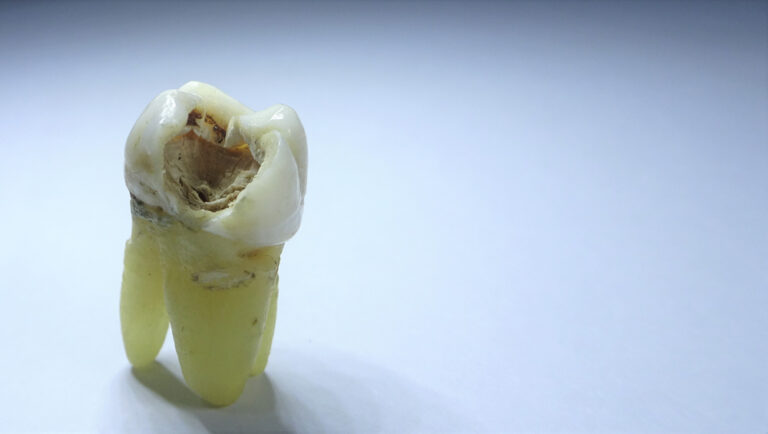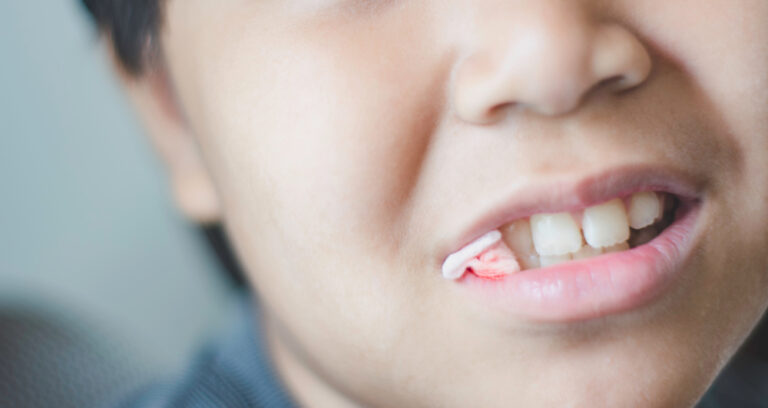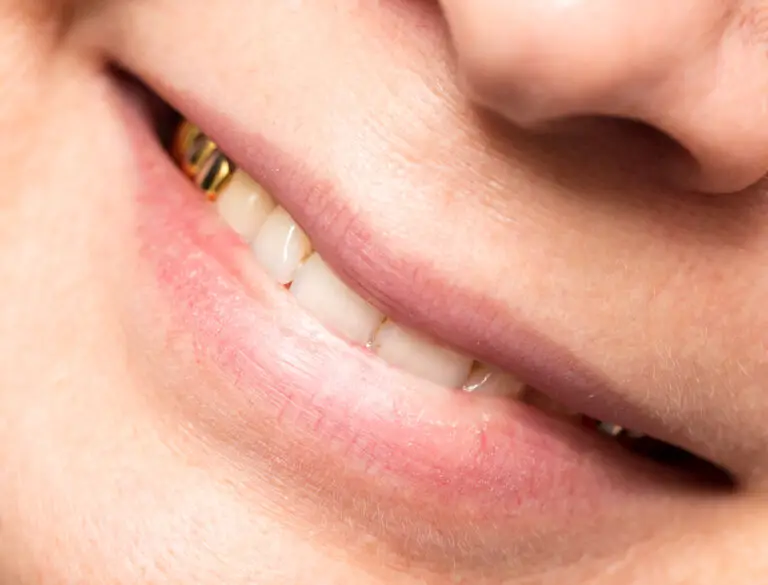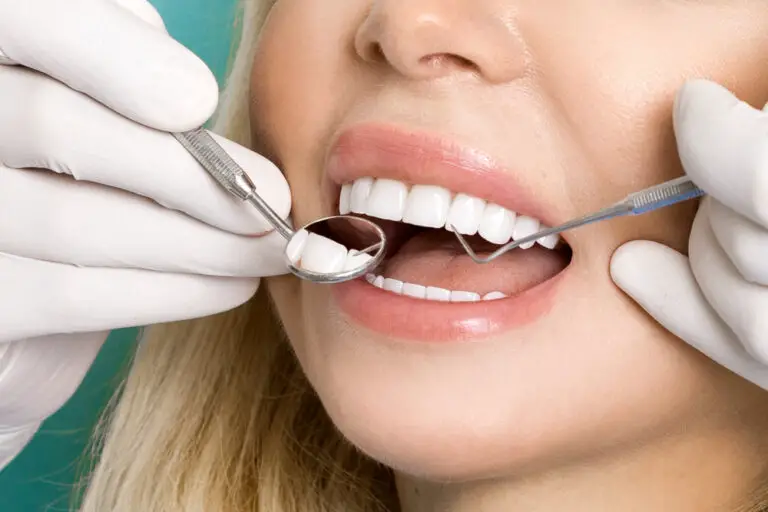Stress is a common experience in modern life, affecting individuals in various ways. While many people associate stress with mental and emotional challenges, its impact extends to physical health, including oral health. Understanding the connection between stress and oral health is crucial for maintaining overall well-being.
How Stress Affects Oral Health
1. Increased Risk of Gum Disease
Stress can lead to hormonal changes in the body that may increase inflammation. This inflammation can exacerbate gum disease, a condition characterized by swollen, bleeding gums and potential tooth loss. Individuals under stress may neglect their oral hygiene routines, further increasing the risk of developing periodontal disease.
2. Teeth Grinding and Jaw Clenching
Many people experience bruxism, or teeth grinding, as a response to stress. This unconscious behavior can occur during the day or night and can lead to significant dental issues, including:
- Worn-down teeth: Grinding can wear down enamel, leading to sensitivity and increased risk of cavities.
- Jaw pain: Clenching can cause discomfort in the jaw muscles and temporomandibular joint (TMJ), leading to headaches and difficulty in chewing.
- Cracked teeth: Excessive pressure can cause teeth to crack or chip, necessitating dental intervention.
3. Dry Mouth
Stress can also lead to dry mouth, a condition known as xerostomia. When the body is under stress, saliva production may decrease, leading to:
- Increased cavity risk: Saliva plays a crucial role in neutralizing acids and washing away food particles. A lack of saliva can lead to a higher risk of tooth decay.
- Bad breath: Reduced saliva can contribute to halitosis, or bad breath, as bacteria thrive in a dry environment.
4. Changes in Eating Habits
Stress often leads to changes in dietary habits, which can negatively impact oral health. Some individuals may turn to sugary snacks or beverages for comfort, increasing the risk of cavities. Others may neglect proper nutrition, leading to deficiencies that can affect gum health and overall oral hygiene.
Managing Stress for Better Oral Health

1. Practice Good Oral Hygiene
Maintaining a consistent oral hygiene routine is essential, especially during stressful times. This includes:
- Brushing twice a day with fluoride toothpaste.
- Flossing daily to remove plaque between teeth.
- Regular dental check-ups at a reputable Chicago dental office to catch any issues early.
2. Stress-Reduction Techniques
Incorporating stress-reduction techniques into daily life can help mitigate the impact of stress on oral health. Some effective methods include:
- Mindfulness and meditation: These practices can help reduce anxiety and promote relaxation.
- Physical activity: Regular exercise can alleviate stress and improve overall health.
- Adequate sleep: Prioritizing sleep can help the body recover and manage stress more effectively.
3. Seek Professional Help
If stress becomes overwhelming, seeking help from a mental health professional can be beneficial. Therapy or counseling can provide coping strategies and support for managing stress.
Conclusion
The relationship between stress and oral health is significant and multifaceted. By understanding how stress impacts oral health and implementing strategies to manage it, individuals can protect their teeth and gums while enhancing their overall well-being. Prioritizing both mental and oral health is essential for a healthier, happier life.






